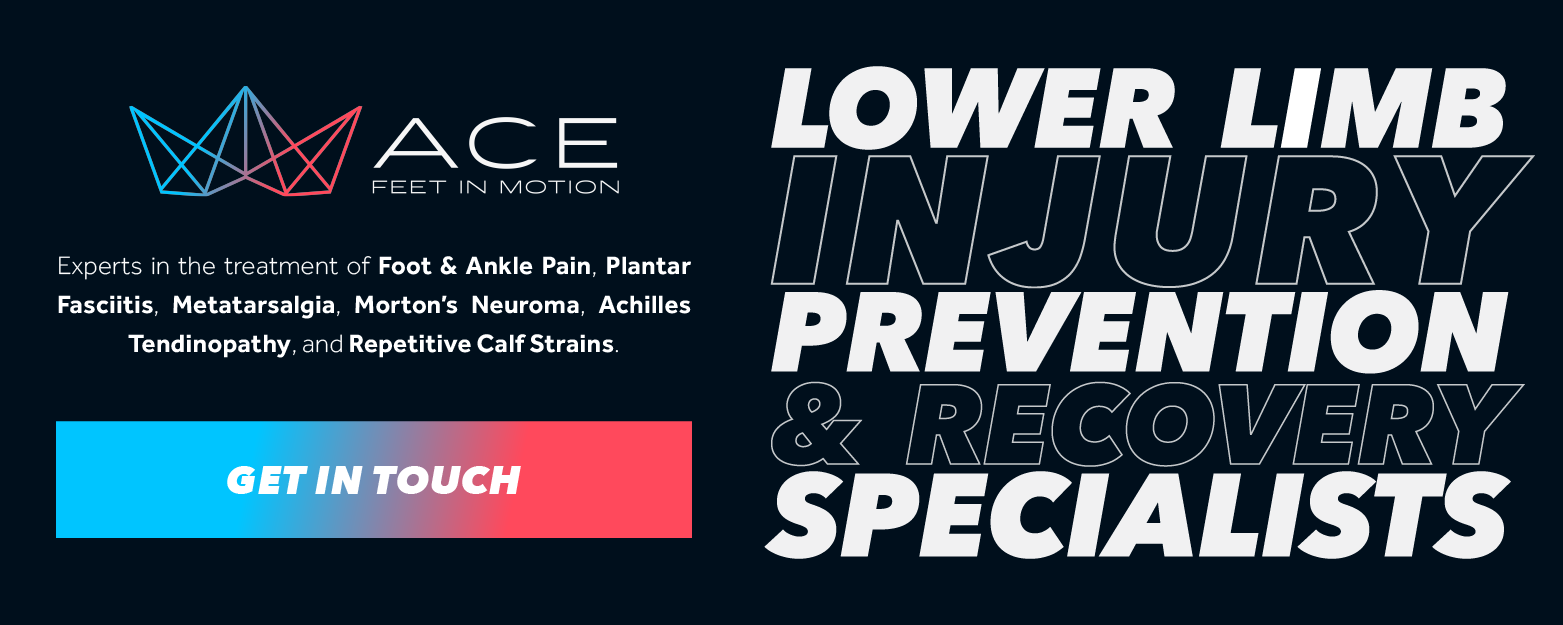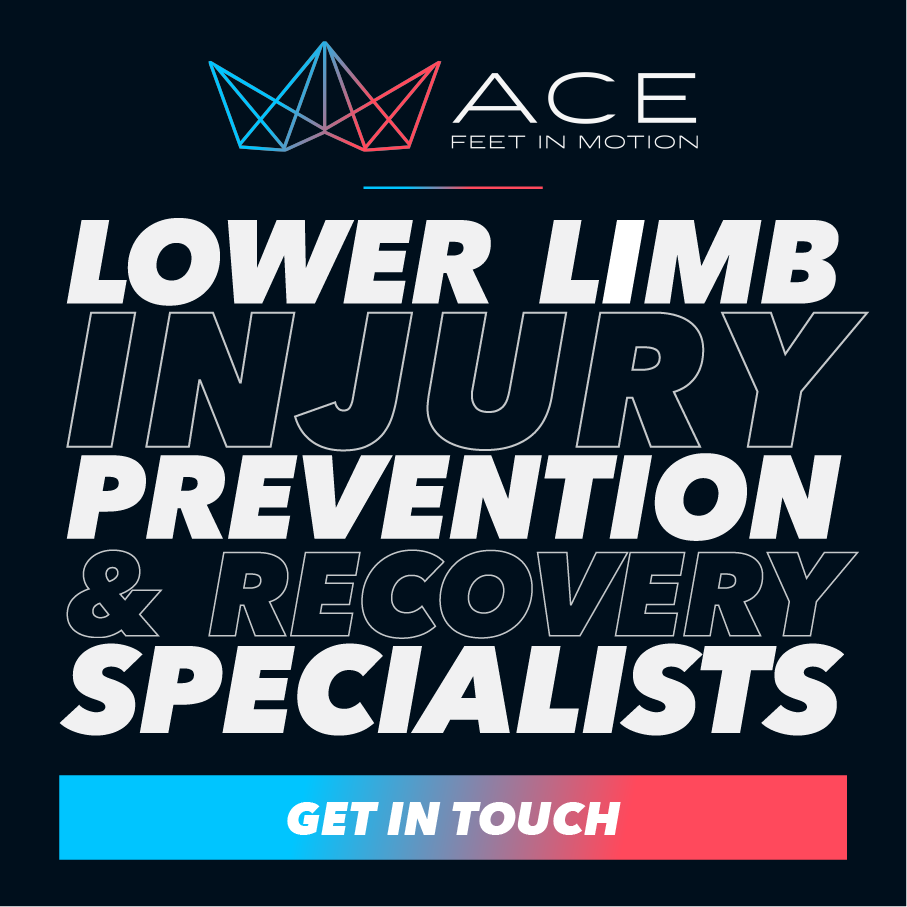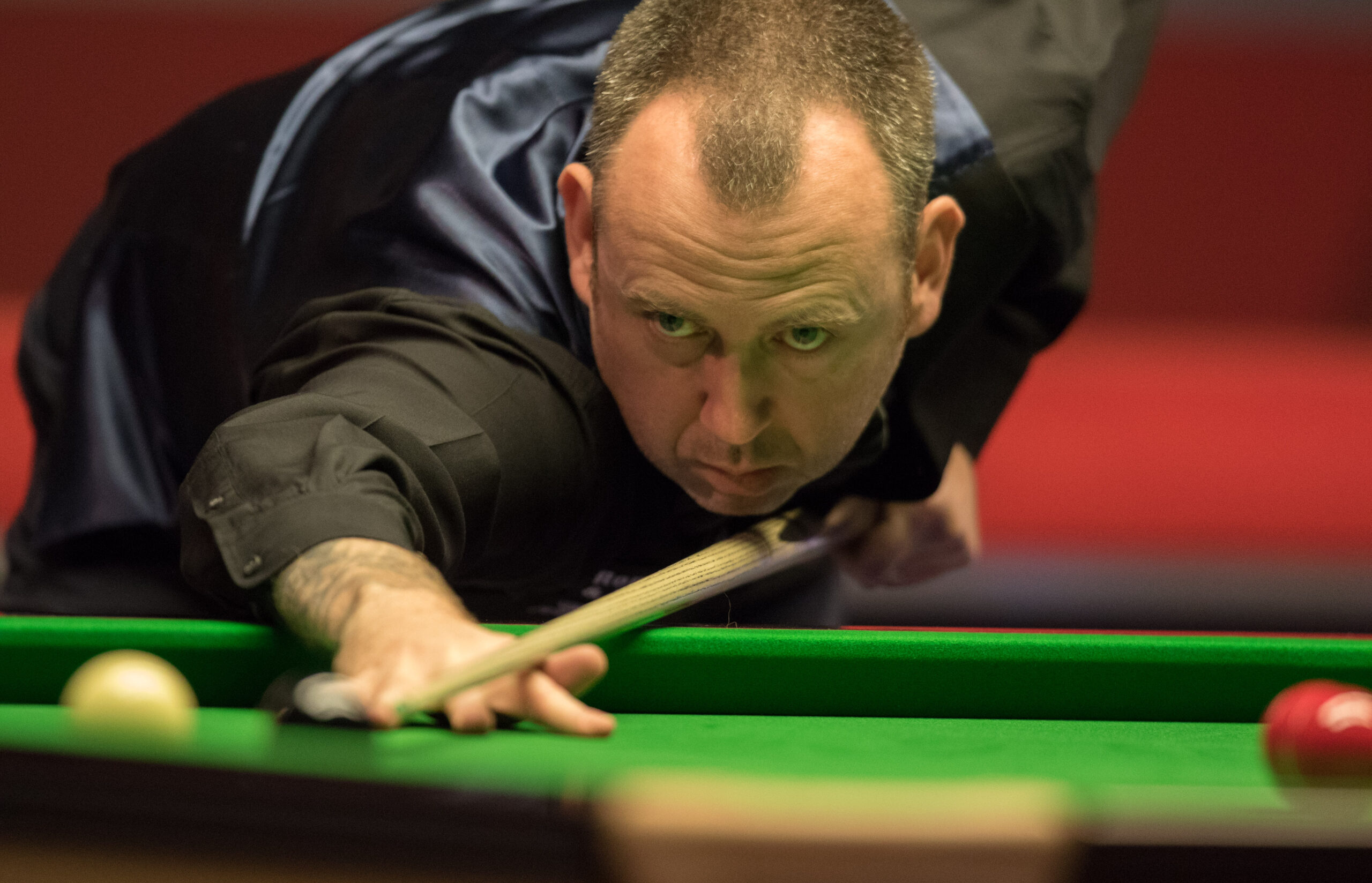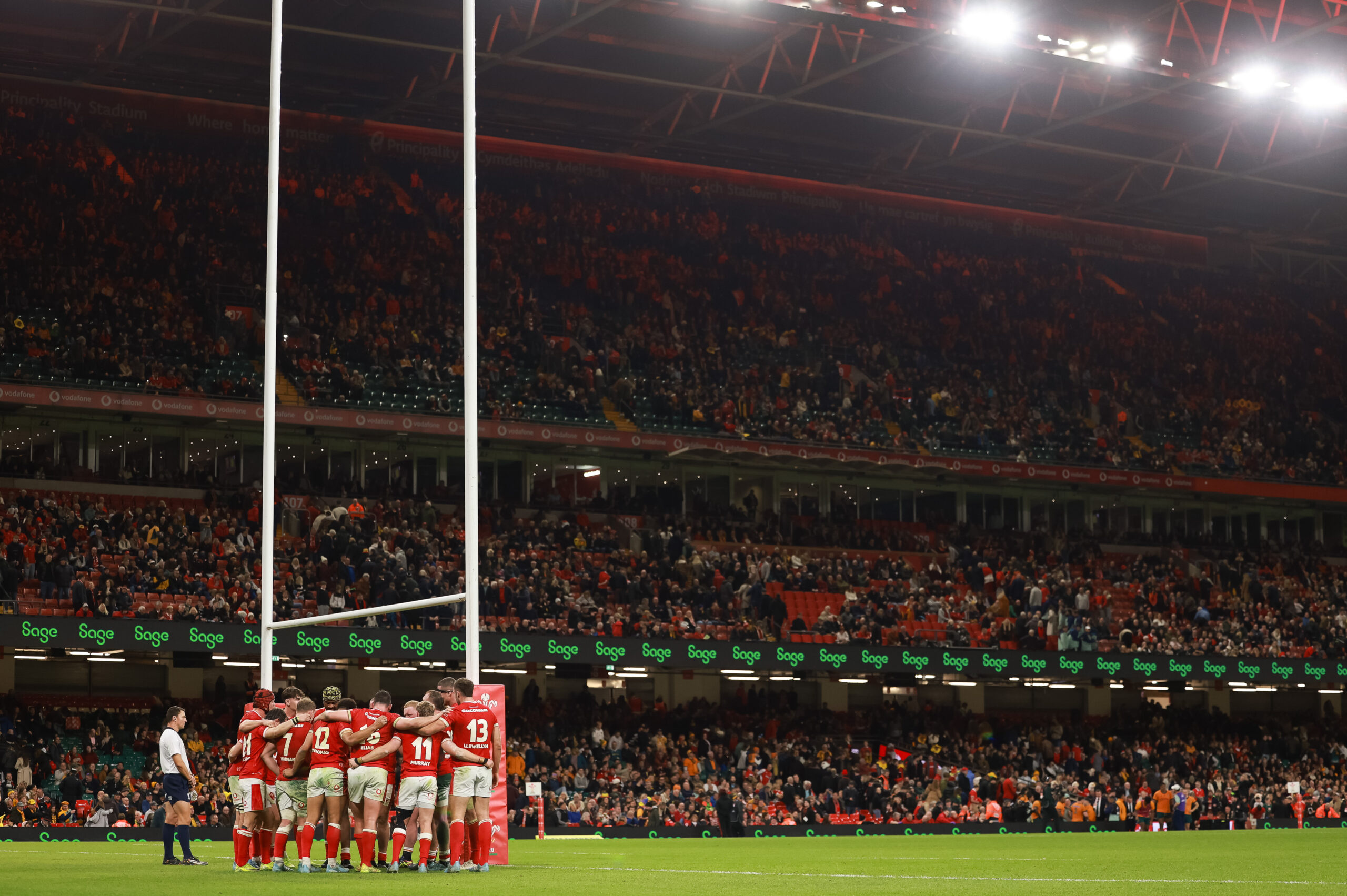Ask The Expert: By Chris Law, Clinical Director at The Orthotix Clinic
The Dark Side of Rugby
The physical sport that millions enjoy across the globe but one which also comes with a high incidence rate of injury.
The most dangerous field sport
Injury among rugby players is extensively reported. Most injuries occur at the head, closely followed by the knee and ankle. Statistics from previous World Cup data and other systematic and meta-reviews show that concussion is the greatest risk to players, followed by physiological injuries to the knee and ankle. Injuries occur more in forwards than backs, occurring mostly in the 3rd quarter of the game when fatigue kicks in. Player contact is the main culprit with the tackle being responsible for the most common mechanism of injury.
Injury stats on the rise with Rugby World Cup 2023
With the Rugby World Cup currently underway, we have already seen the dark side of injury from the warm ups and initial group stages alone. However, none more worrying than Namibia’s Le Roux Malan’s possible career-ending fracture dislocation to his ankle against New Zealand. Malan underwent successful corrective surgery to the ankle, but reports suggest a history of a previously fractured ankle whilst he played for Durban Sharks Academy. So, was this a preexisting weakness? And what could be done to prevent such an injury?
What protection can be used to lower at-risk injuries
We have already seen soft shoulder pads and the scrum cap introduced in rugby, but with concussions on the rise, World Rugby have had to introduce the HIA protocol. Monitoring players from the pitchside and up-to 48 hours after suspected head injury, the three-stage process is constantly being reviewed for player safety to help reduce long-term brain injury in players. But what can be done to lower the risk of other direct/contact injuries, such as Malan’s?
Be game ready to lower injury risk
Take proactive measures to ensure your bodies are prepared for the physicality ahead and ensure that your training is specific. Include resistance training to strengthen the muscles and connective tissues which are relevant to the movements/kinematics of the sport. Make sure you are game fit with game specific training and listen to your body when it needs time to recover and heal.
What else can players do to protect themselves?
Players can only prioritise proper injury prevention strategies to ensure their safety and future health. The joints mainly at risk are articular, and we cannot isolate the joint without restricting its movement, which allows for the speed, sudden change in pace, and agility of the game.
Do we introduce rigid padding to the Sport?
The fact is, we cannot bubble wrap players or add rigid supports to protect players without losing the tradition of the game. Sports like American Football have extensively developed helmets and pads to help protect their players. Due to this, players can wear rigid supportive braces to stabilise their joints without the risk of injury to others. World Rugby rules and regulations don’t allow for this, so bracing cannot be used. However, orthotic supports can be used therapeutically to assist recovery and rehabilitation, such as shoulder supports, thumb wraps, compression sleeves and joint stabilisers.
Seek professional help if its needed
As always seek professional help from a healthcare provider for any acute or chronic injuries that are concerning you, whether that be through your local NHS provider or via private providers such as Orthopaedic Specialists, Orthotists, MSK Podiatrists, and Physiotherapists. You can then be provided advise and treatment which is clinically relevant and specific to your needs.
Local professionals that can help.
The Orthotix Clinic in Cardiff offer multi-disciplinary consultations for the whole body and have a wealth of knowledge in the orthopaedic and sporting field, with partners such as Cardiff City FC, Wales Netball, Disability Sport Wales, and include exclusive affiliations with medal winning Para-athletes Aled Davies (OBE) and Harrison Walsh.
To enquire about appointments or to discuss any orthotic requirements contact enquiries@orthotixclinic.co.uk.











